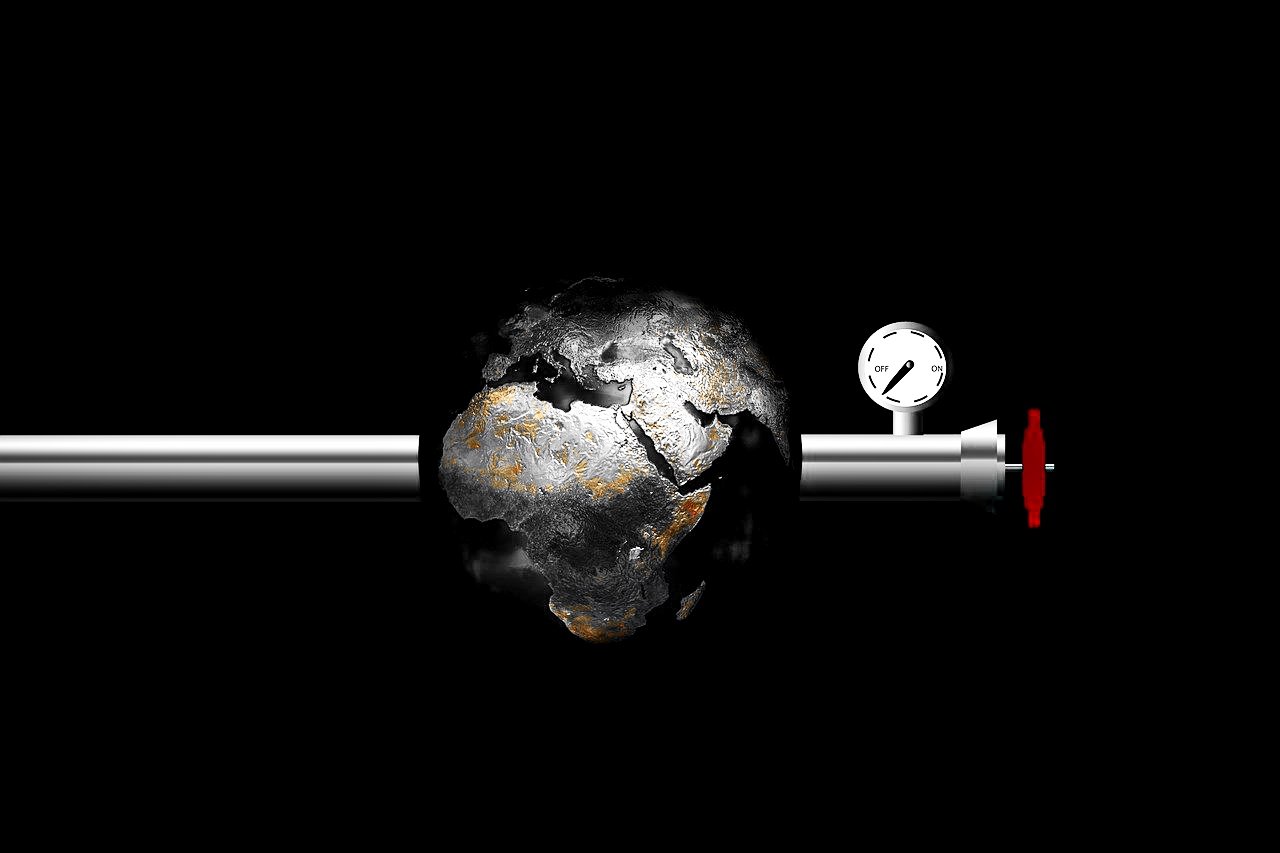An ancient sea monster’s massive skull has been found in seaside cliffs in Britain, stunning palaeontologists — an appropriate metaphor as any for the impasse at the CoP28 climate talks.
A stunning 6-foot-long skull of a 150 million-year-old carnivorous marine reptile has been chiselled out from a cliff along southern England’s Jurassic Coast in what scientists are calling a one-of-a-kind find. The pliosaur skull was discovered after pieces of it started to fall from an English cliff onto a beach. The skull, unique because it’s complete, unusual fossils of its kind, was extracted from the cliff in Dorset this past weekend using ropes and a makeshift stretcher.
This is a timely — and appropriate! — metaphor for the UN climate talks in Dubai, which were supposed to end today in a ceremony of back-slapping and mutual celebration but which are instead mired in hostility and acrimony. This is what the UN gets for staging a conversation about phasing out fossil fuels — a primary driver of global heating — in an oil sheikdom on the Arabian peninsular, where Big Oil is not just a way of doing business: It’s practically a religion.
And so it goes.
First the facts, as of 11:34 GMT.
More countries have expressed anger over the leaked draft text of the CoP28 final agreement. It says nothing, promises nothing, and delivers nothing. It is, however, very long, which has slowed down the process of reading between the lines to find something — anything — worth talking about. So far, the paralysis of analysis has drifted beyond 48 hours.
• The UK’s climate minister — an oxymoron if ever there was one — has left the climate conference, not so much in a ceremonial parade of celebration as sneaking out in the middle of the night, metaphorically speaking, hoping that no one would notice. They have. “(Climate minister) Graham Stuart flying home in the middle of critical negotiations tells you everything you need to know about this Conservative government,” Ed Miliband, Gordon Brown’s climate change minister at Copenhagen in 2009 and a regular at climate summits ever since, told reporters. “They are weak, divided and chaotic … They can’t stand up and fight for lower energy bills for the British people, can’t stand up and fight for investment into our country, and they can’t stand up and fight to provide climate leadership.” Other than that, though, they’re great.
Climate campaigners warned that details of the historic loss-and-damage agreement from the first day of the summit are still lacking — nearly two weeks later. Oh, well, what’s the hurry? It’s not as if the climate crisis is, well, a crisis.
Indigenous groups and climate activists from the global south have once again called out the hypocrisy of “rich nations” over their demand that fossil fuels be phased out globally — while increasing production at home.
Where’s Kurt Vonnegut when you need him?
The talks continue — if, strictly speaking, they can no longer be called talks anymore .








